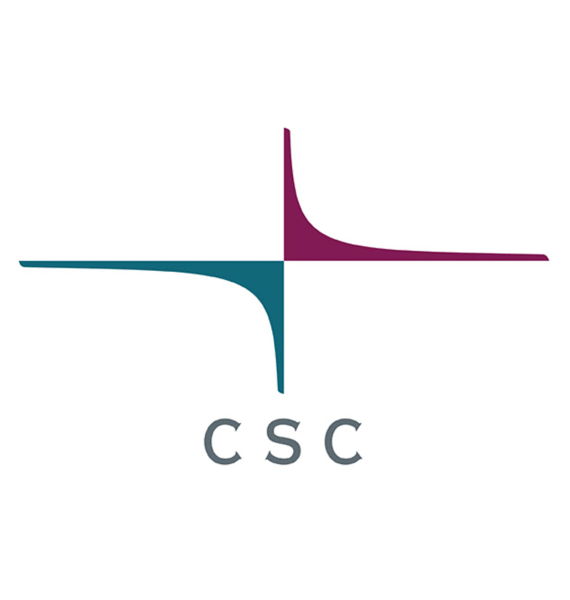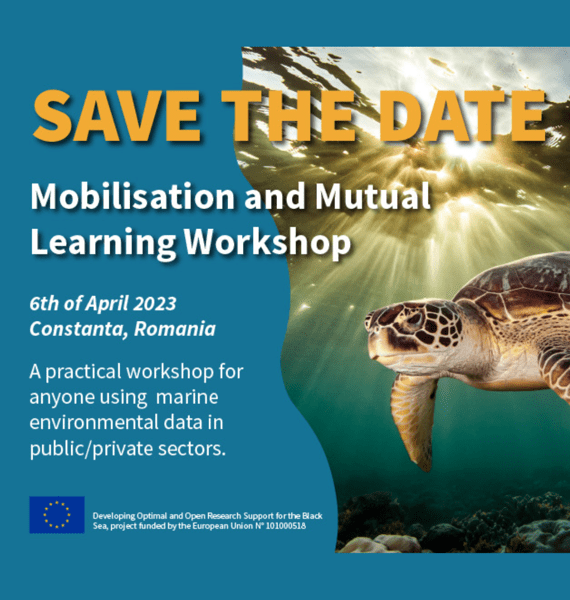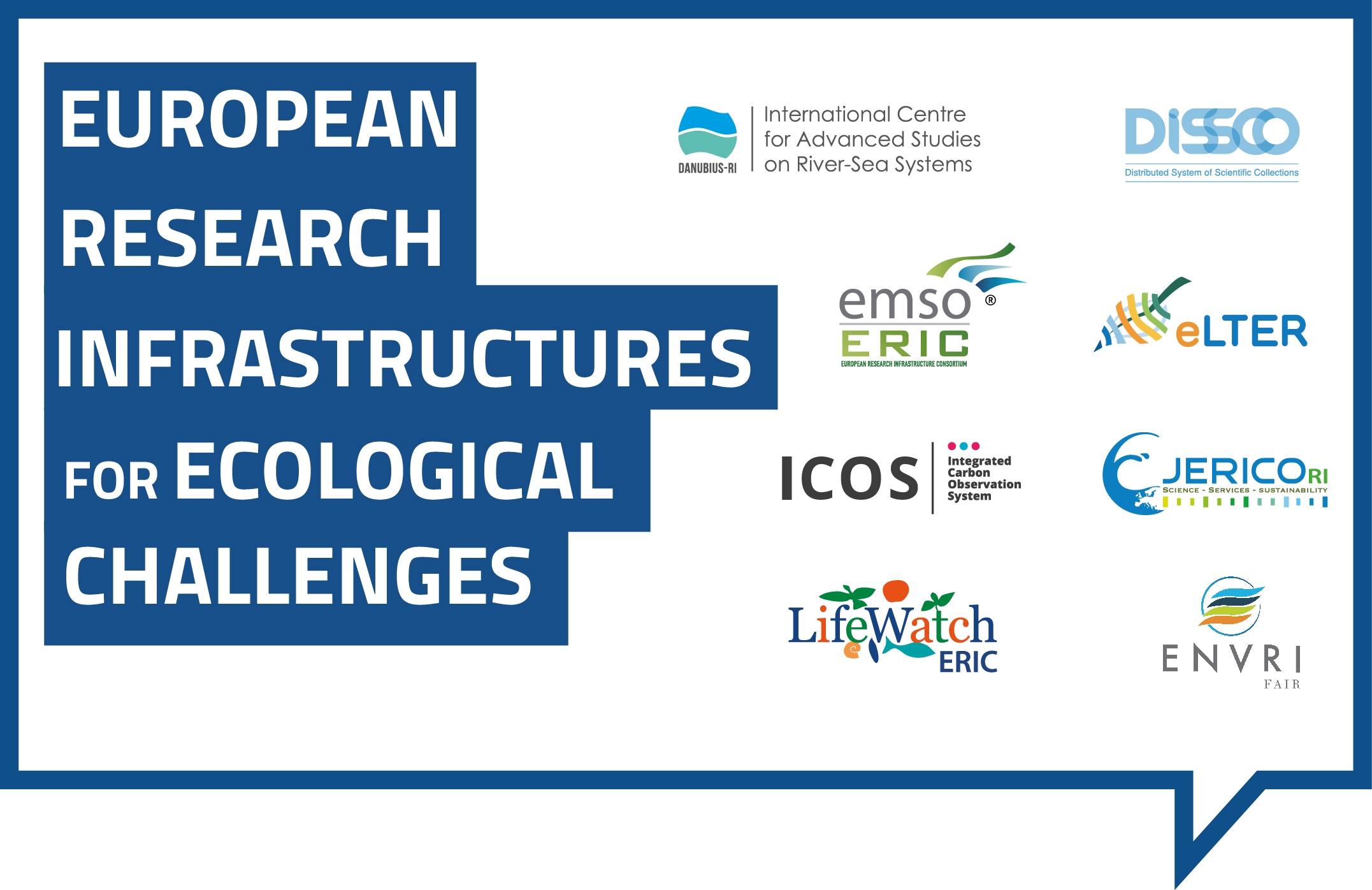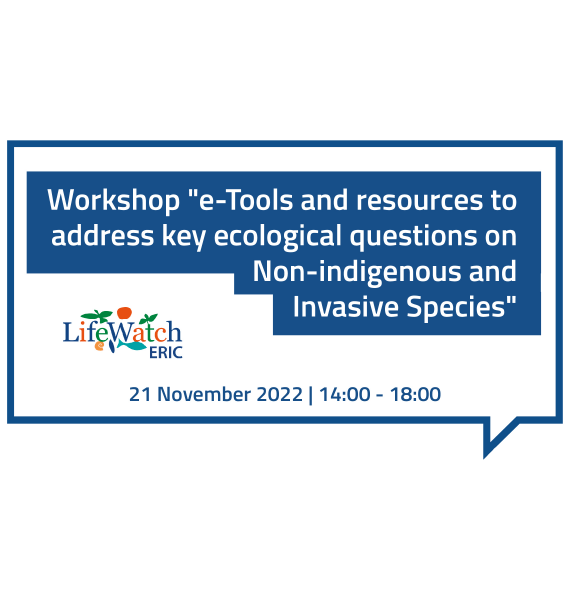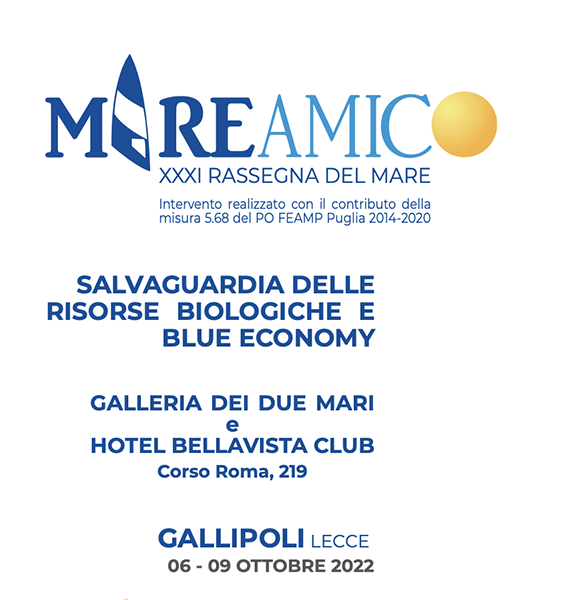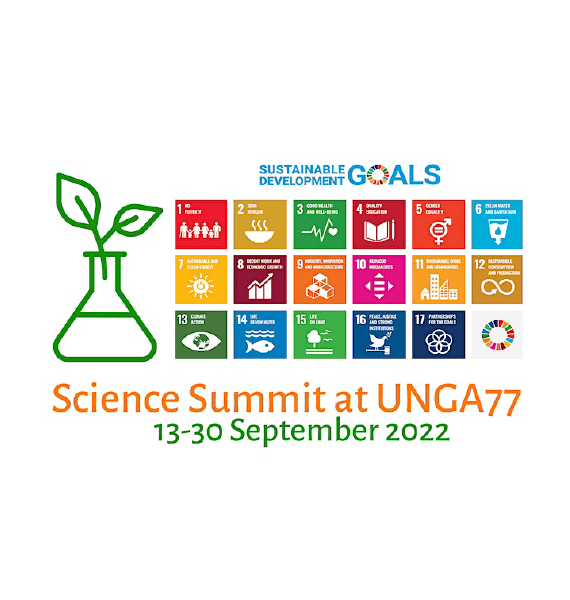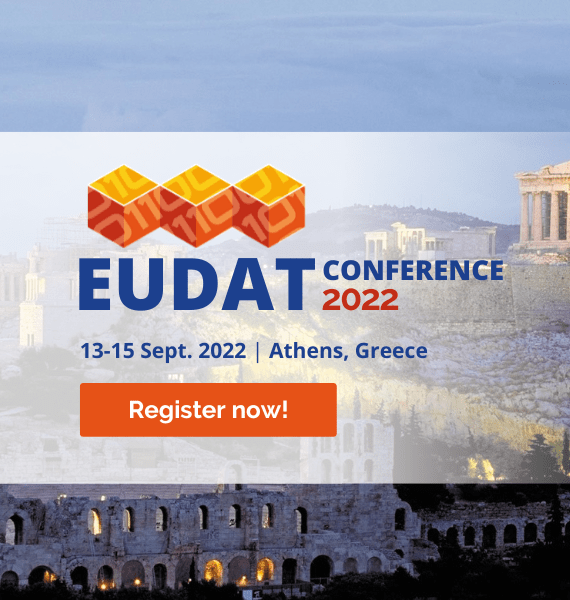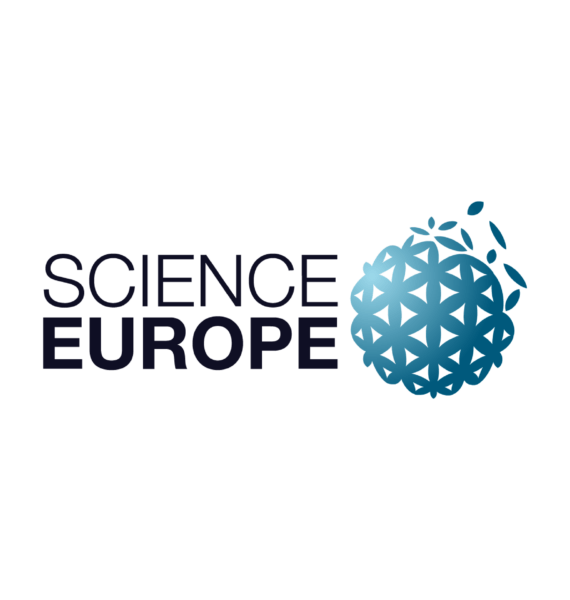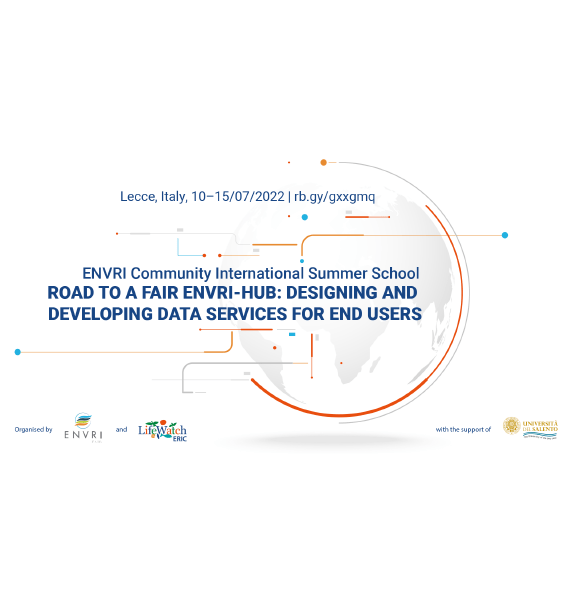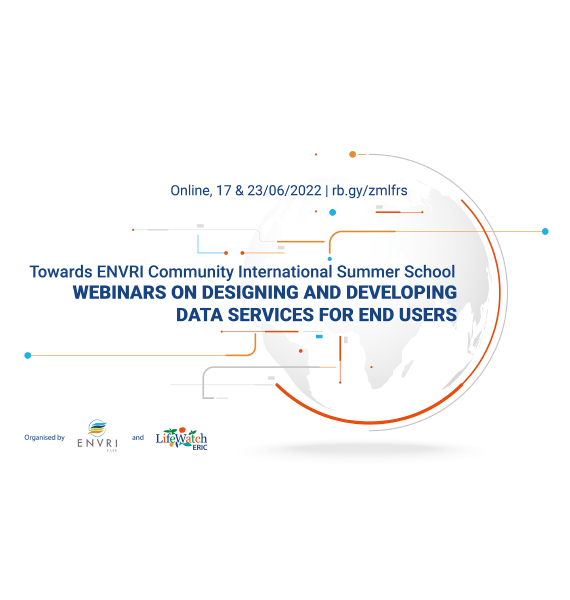Espoo, Finland, 27 June – 6 July 2023.
CSC Summer School brings together undergraduate and graduate students and postdoctoral researchers in different disciplines of scientific computing from all over the world. The contents consist of lectures and hands-on training on parallel programming, code optimization and other necessary skills in development of scientific software.
General information
The school is aimed for graduate students working in various fields of science, e.g., chemistry, physics, life sciences, engineering or economics as well as Industrial R&D professionals. Also undergraduates as well as post-docs will find the school very useful.
The ten days of school are filled with coding, sports, leisure activities and having good time together. It will be an experience you will never forget with the midnight sun in the Nordic night next to breathtaking wilderness!
The following topics will be covered:
- Basics of parallel programming using message-passing (MPI) and threading (OpenMP) paradigms
- Programming GPUs with OpenMP and HIP
- Efficient input/output using parallel I/O
- More advanced topics in MPI
- Hybrid parallel programming combining MPI, OpenMP, HIP
- Building real-world HPC applications.
- Brief introduction to Quantum Computing
The participants will get a certificate containing a recommendation to your home university to grant you 5 credits (ECTS) for the school.
You may also want to read CSC’s article with positive experiences from 2022: https://www.csc.fi/-/hpc-summer-school
Learning outcome
The goal is that it would be possible to build HPC expertise up to an intermediate/semi-advanced level during the school.
After the summer school participants will be able to:
- Identify the most important parallel programming concepts
- Construct simple parallel programs with C++/C or Fortran programming languages
- Construct simple GPU programs
- Recognize advanced parallel programming constructs
- Read and modify scientific applications implemented in C++/C or Fortran and utilizing MPI, OpenMP and HIP
Prerequisites
- Some skills to operate in a Unix environment
- Basic knowledge of version control with Git
- Participants are expected to have some experience in programming with C++/C or Fortran, and to be familiar with their basic concepts (e.g. variables, statements, control structures, subroutines, modules/classes).
Accommodation
Accommodation takes place in double rooms with en-suite shower and toilet. Linen and towels will be provided.
The Fee
The early bird fee for all ten days is 1650eur + VAT (24 %).
Starting from 15.3. Late price is 1750eur + VAT (24%).
The fee is all-inclusive. It includes accommodation, four meals and two coffee breaks on most days, social events, printed course materials, instructed sport activities, refreshments, and transportation from downtown Helsinki and back.
Selection
The participants will be selected based on their background information. Notification about acceptance will be send within five business days after registration.
Deadline for registrations is 2.5.2023
Contact cristian-vasile.achim@csc.fi for course details or event-support@csc.fi for registration related questions. More information on CSC website.
